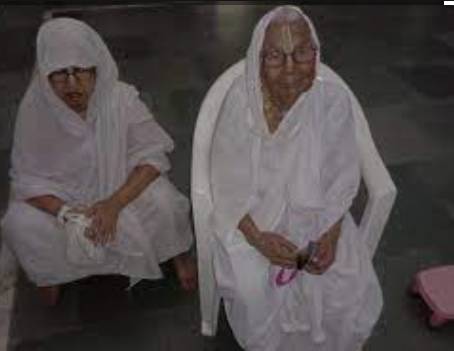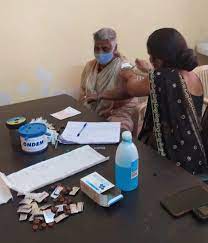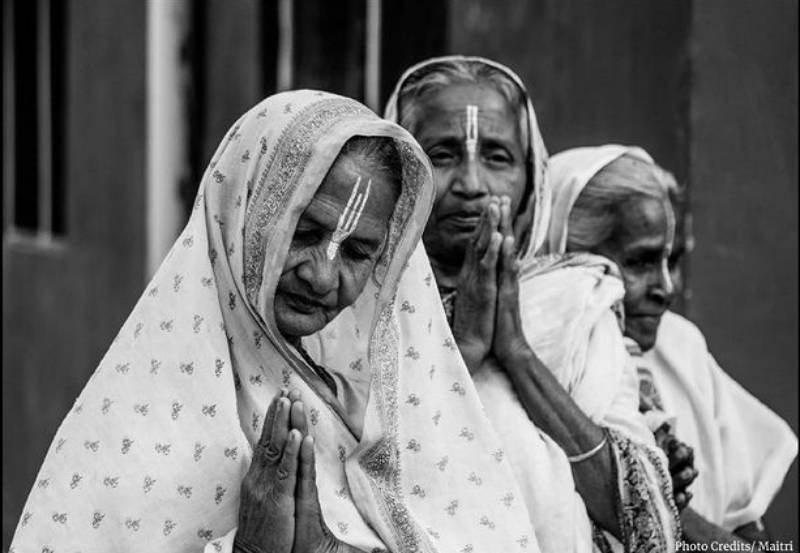International Widows Day: Disdained, disgraced and deserted
“I don’t have anyone, I am uneducated and ignorant, everyone told me go live in Vrindavan after the death of my husband. That is how I ended up here,” A widow recounted her tale to Winnie Singh, executive director of Maitri, a non-profit organisation working for widows.
The grief and pain of losing a life partner cannot be expressed through words and when these women are subjected to centuries-old rituals and customs of widowhood, it becomes even more traumatising. Even though practices like Sati, self-immolation on husband’s pyre, have been banned in India for over 100 years, widows are still forced to live in horrid conditions, shunned by their families and society after the death of their husbands.
In most cases, lack of education and source of income forces them to beg on streets and while many even turn to prostitution for survival. “The discrimination and humiliation from the society breaks them. While society snatches away their identity, their own families leave them to fend for themselves and that is what makes them vulnerable,” Winnie Singh tells Media India Group.
Forsaken by families
A large majority of the Indian society, bound by its orthodox patriarchal beliefs and rituals, believes widows bring misfortune on anyone that they come in contact with. Banished by their own families and society, many such women end up in Vrindavan, about 200 km south of New Delhi. The city, now home to more than 20,000 widows, is known as the ‘City of Widows’.

Widows of Vrindavan (Photo Credits/ Maitri)
“When her husband dies, she becomes a problem or a burden for her children because most of these women are not independent economically. They are beaten, humiliated, thrown out their houses by their own children,” says Singh.
Even though there are provisions in the Indian law which allows parents to claim maintenance from their kids, these women often hold back fearing complete abandonment from their children.
“Whenever we ask any woman living with us that please go and claim what is yours she tells us, “if I do that then my children will forsake me, who will perform my last rights then?”. Also there is this notion in our society that a mother can be thrown out by children but she cannot be as cruel to abandon them,” says Singh.
According to a survey conducted by National Commission of Women, 78 pc of the women living in Vrindavan are widows out of which 50 pc have families (sons and daughters) living in their places of origin.
“There was a 90-year-old widow living at one of our shelters, a few months ago, she wanted to visit her children and we had arranged everything for that but at the last minute her family told us to not send her. A while later her health started to deteriorate. She wanted to meet her daughter one last time and therefore we called her daughter but she refused to come meet her and blatantly told us to not call her again. The mother passed away 30 minutes after that call. However, later when we called the daughter again asking her to come collect some money left behind by her ailing mother, she showed up the very next day,” recounts Singh.
‘Availability’ leading to vulnerability
If being ostracised by the society was not enough, many men believe that widows are “available” as they no longer have a man to look after them which makes them extremely vulnerable both mentally and physically.
“We often get calls from different people saying things like please send a woman who can cater to the needs of their children or family. Recently a guy called me up, and very casually said “we are three friends please give us three women”, such is the mentality of people when it comes to widows in our country,” says Singh
“Another time, another man called me with a proposition of marrying one of the widows living in our ashram, however when I told him that she does not want to marry anyone, he said told me it’s fine, don’t get us married, just send a mother who can take care of my kids,” adds Singh.
Efforts made to make their lives easier

Maitri vaccination camp for widows (Photo Credits/ Maitri)
Though societal changes may be slow in India, over the years a number of NGOs, private firms as well as the government have become involved in helping widows lead a life of dignity and teach them independence, financial and emotional.
In early 2021, Maitri was able to get all 300 women living in their ashrams vaccinated against the deadly Covid-19 virus in just two months.
“We have over 300 women living in our ashrams, we do our best to cater to their needs whether it’s financial or healthcare, we also organise various workshops to equip them with basic life skills,” says Singh.
Though the Indian society has progressed with time, there are still various sections waiting for people to allow them to live their lives with dignity and freedom, widows being among them.










